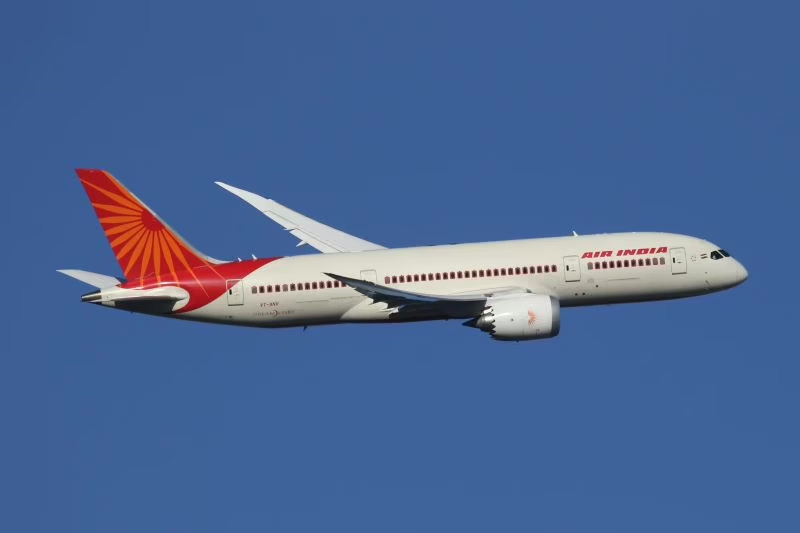
India’s annual MRO revenue could grow more than threefold to $55-60 billion from roughly $18 billion by fiscal 2028 on the back of broad growth in civil aviation and government support, according to Mumbai-based analytics group CRISIL Ratings.
A recent report from CRISIL focused on three MRO service providers that account for more than 90% of the industry’s revenue in India.
This expansion is starting from a low baseline. Currently, revenue per domestic aircraft fleet for Indian operators is less than $5 million compared to more than $4 billion in Singapore, one of Asia’s largest MRO hubs.
While IATA predicts that India will surpass the UK to become the world’s third-largest aviation market by 2026, the subcontinent’s MRO sector faces a slew of obstacles such as difficulty obtaining credit, inadequate infrastructure, onerous taxes, licensing and certification travails, and high rental costs.
“The [Indian] government has introduced several policies over [the] past year to realize its vision of making the country a global MRO hub,” CRISIL associate director Varun Marwaha said in a press release. “The upshot of these will be a 10-20% reduction in the overall cost of MRO services.”
These include slashing the Goods and Services Tax on MRO services from 18% to 5%, the introduction of land lease via open tenders instead of predetermined rates to lower rental costs, scrapping the 13% royalty charged by government authorities on revenue, and allotting land to MRO service providers for 30 years instead of the current three to five years.
At the same time, a construction boom is underway. The Delhi and Bengaluru airports have established dedicated MRO facilities for select private airlines, with more in the works. There are also plans to set up two MRO facilities near Jewar airport in the northern Indian state of Uttar Pradesh and at the Belegavi, Bhopal, and Tirupati airports in the states of Karnataka, Madhya Pradesh, and Andhra Pradesh, respectively.
Jaideep Mirchandani, chairman of the United Arab Emirates-based aviation conglomerate Sky One FZE, told India’s Republic World on Aug. 14 that the subcontinent’s growing importance to commercial aviation should have positive knock-on effects for MRO. “As the domestic fleet size increases to meet the demands, we expect a surge in MRO demand as it is a crucial support for any airline’s operations and safety,” he said, adding that he foresaw a chance for India to be “the center for innovation in MRO capability globally.”
Noting that European aviation authorities’ “non-recognition” of the standards of India’s Directorate General of Civil Aviation has been a stumbling block for new entrants to India’s MRO sector, Mirchandani said that he is certain “the authorities will identify and subsequently incentivize to give India a comparative advantage as the current environment is fertile for indigenous manufacturing and maintenance.”
NITI Aayog, the Indian government’s top public policy think tank, has recommended that the country take incremental steps to boost its MRO sector. These include setting up joint ventures with established global MRO players, first focusing on segments with less-stringent IP control such as electrical and electronics, avionics and structural repair, and gradually ascending the value chain.
Achieving progress made in other global MRO hubs like Malaysia, Singapore, and Turkey “will be a long-term process” for India, NITI Aayog said in a report published in late 2022.





